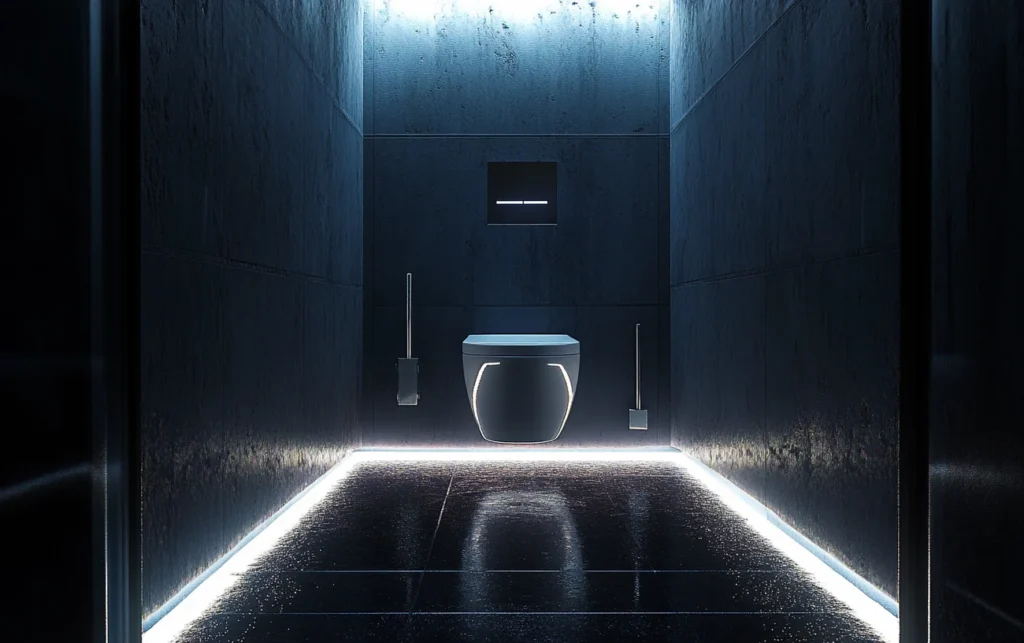Frequent nighttime trips to the bathroom can interfere with sleep quality and might indicate underlying issues. While it’s common for some people to wake up occasionally to urinate, how often is considered normal for a healthy individual depends on several factors, including age and lifestyle.
Why Nighttime Urination Happens
Nighttime urination, or nocturia, can be caused by lifestyle habits or underlying health conditions. Simple adjustments often help:
Lifestyle Factors
- Evening Beverage Consumption: Drinking alcohol, caffeine, or large amounts of water late in the evening can lead to more frequent urination.
- Dietary Choices: Foods with diuretic properties, such as cranberry, ginger, apples, citrus fruits, mint, and chamomile, can also contribute to the problem.
- Hydration Timing: Avoid drinking water close to bedtime; aim for your last glass around 8 PM instead of 10 PM.
Health-Related Causes
If adjustments don’t help, frequent nighttime urination might indicate:
- Urinary Tract Infections (UTIs)
- Diabetes
- Hypertension
- Prostate Issues
- Heart Disease
Consult a healthcare provider if nocturia persists despite lifestyle changes.
Frequency by Age
Age plays a significant role in determining what is normal:
- Under 60 years old: Waking up once per night is generally normal.
- 70 years and older: Up to two trips to the bathroom per night is typical.
- 90 years and older: Waking up three to four times is considered normal.
Why Frequency Increases With Age
As we age, the body produces less antidiuretic hormone, which helps retain water and prevents excessive urination. The result is more frequent nighttime trips to the bathroom.
Tips to Hold It When You Can’t Go
Sometimes, you may need to delay urination when a restroom isn’t available. Here’s how to manage:
Strategies to Ease Discomfort
- Avoid Movement: Minimize walking or sudden motions to reduce bladder pressure.
- Adjust Clothing: Loosen tight pants or belts to eliminate external pressure on the bladder.
- Relax and Distract: Focus your mind on something unrelated to water or urination to ease the urgency.
- Keep Warm: Cold environments can intensify the urge, so stay warm and dry.
- Posture Tips for Women: Crossing your legs while sitting can help reduce discomfort.
Avoid These Mistakes
- Laughing: Laughter relaxes pelvic muscles and can lead to leakage.
- Sudden Movements: Jerky actions can increase pressure on the bladder.
By understanding the factors influencing nighttime urination and making simple lifestyle adjustments, you can minimize disruptions and maintain a healthy sleep pattern. If nocturia becomes persistent or concerning, consult a healthcare professional for further evaluation.

